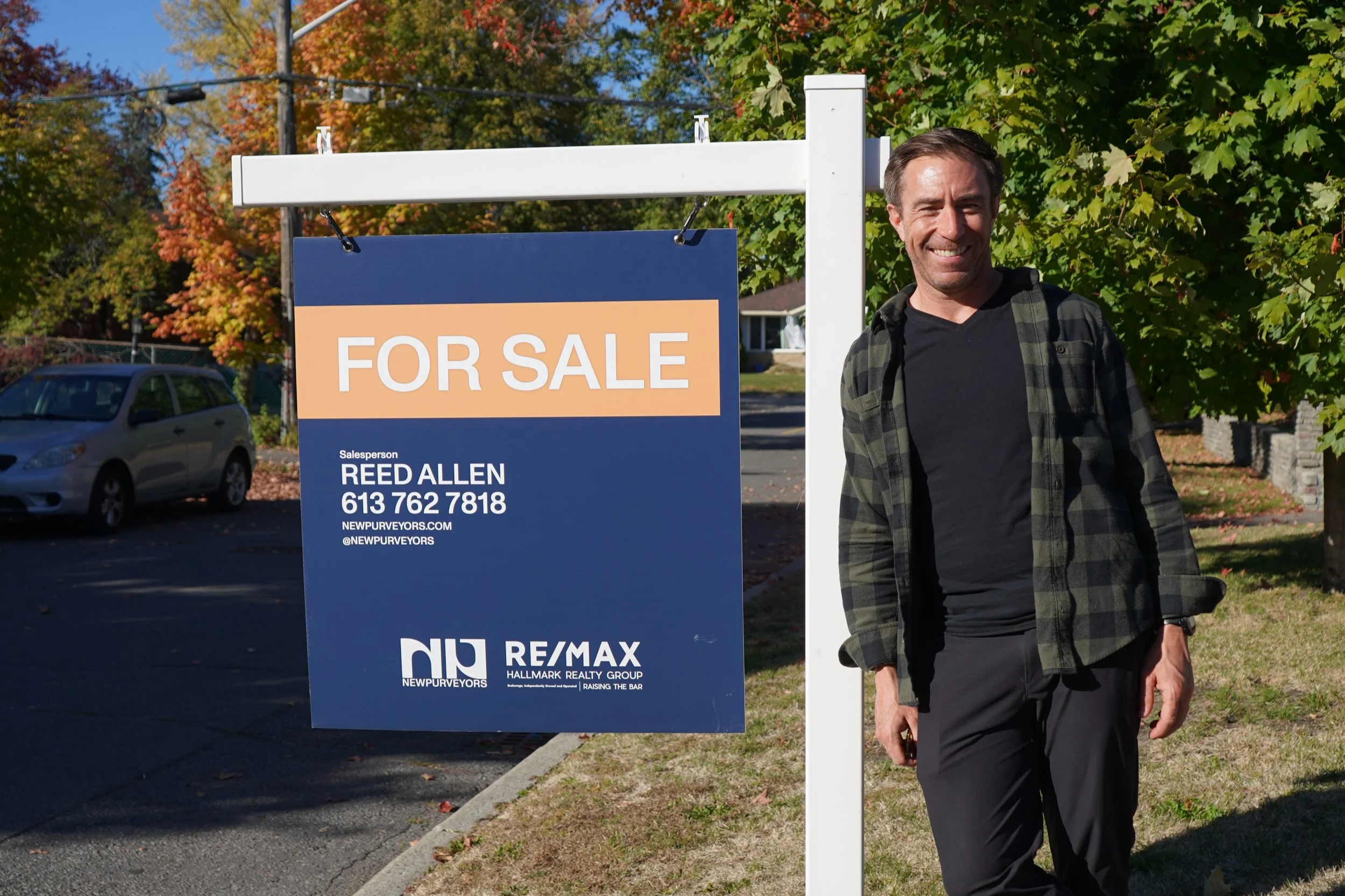Avoiding Common Mistakes When Buying a Home in Ottawa

Buying a home is one of the most significant investments you'll make in your lifetime, and it's crucial to navigate the process carefully to avoid potential pitfalls. In Ottawa's dynamic real estate market, where demand can be high and competition fierce, knowing how to avoid common mistakes can save you time, money, and stress.
This guide aims to equip prospective homebuyers with essential tips and insights to help them make informed decisions and secure their dream home in Ottawa.
Start with a Clear Budget:
Before you begin your home search, determine how much you can comfortably afford to spend. Consider factors like your income, existing debts, down payment amount, and ongoing expenses.
Use online mortgage calculators to estimate monthly mortgage payments based on different home prices and interest rates.
Get pre-approved for a mortgage to understand your borrowing capacity and strengthen your offer when you find a home you love.
Research Neighborhoods:
Ottawa is home to diverse neighborhoods, each offering unique amenities, lifestyles, and property values. Research areas that align with your preferences in terms of schools, commute times, recreational facilities, and community atmosphere.
Visit neighborhoods at different times of the day to get a feel for the area's ambiance and activity levels.
Consider future development plans, property appreciation trends, and potential resale value when evaluating neighborhoods.
Work with a Knowledgeable Real Estate Agent:
Partnering with a reputable and experienced real estate agent who specializes in the Ottawa market can be invaluable.
Seek recommendations from friends, family, or colleagues, and interview multiple agents to find the right fit.
A skilled agent can provide insider knowledge, guide you through the buying process, and negotiate on your behalf.
Don't Skip the Home Inspection:
A comprehensive home inspection is essential to uncover any hidden issues or potential problems with the property.
Hire a qualified home inspector who is familiar with Ottawa's housing market and can identify common issues such as structural defects, plumbing issues, and mold.
Review the inspection report carefully and consider the implications of any findings before proceeding with the purchase.
Understand the Offer and Negotiation Process:
Familiarize yourself with the standard offer and negotiation process in Ottawa.
Work closely with your real estate agent to craft a competitive offer that takes into account market conditions, comparable sales, and the condition of the property.
Be prepared to negotiate terms such as price, closing date, and included items based on your priorities and the seller's preferences.
Factor in Additional Costs:
In addition to the purchase price, budget for additional costs associated with buying a home in Ottawa.
These may include land transfer taxes, legal fees, home insurance, property taxes, and maintenance expenses.
Plan ahead and ensure you have sufficient funds to cover these expenses to avoid financial strain after purchasing your home.
Stay Flexible and Patient:
The home buying process in Ottawa can be competitive and unpredictable at times.
Be prepared to act quickly when you find a property you love, but also remain patient and flexible throughout the process.
Don't rush into a decision out of fear of missing out. Take the time to carefully evaluate each property and ensure it meets your needs and budget.
By avoiding common mistakes and following these essential tips, you can navigate the process of buying a home in Ottawa with confidence and peace of mind. Remember to stay informed, work with knowledgeable professionals, and prioritize your long-term goals to find the perfect home for you and your family in Canada's capital.



























